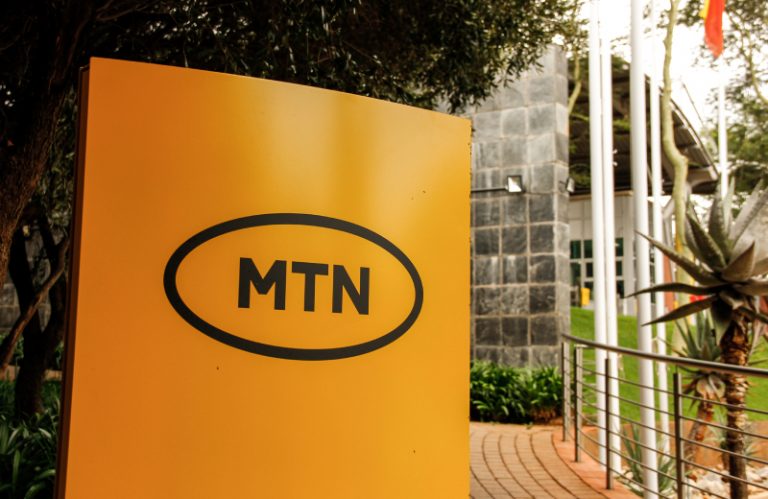
CEO of MTN group Ralph Mupita, has expressed concerns that President Trump’s aggressive tariff and trade policies could significantly impact the telecommunications industry’s capital spending plans.
Speaking at a media event in Johannesburg, Mupita warned that escalating radio equipment costs, fueled by sustained tariffs, could send shockwaves through global supply chains, hitting operators in Africa and beyond.
He said,
Register for Tekedia Mini-MBA edition 17 (June 9 – Sept 6, 2025) today for early bird discounts. Do annual for access to Blucera.com.
Tekedia AI in Business Masterclass opens registrations.
Join Tekedia Capital Syndicate and co-invest in great global startups.
Register to become a better CEO or Director with Tekedia CEO & Director Program.
“We anticipate that global growth will slow, and the tariffs, especially if they are sustained over a long period, will keep inflation more elevated than it would otherwise have been”. This inflationary pressure, he added, could increase the cost of critical telecommunications infrastructure, particularly radio equipment, forcing operators to reassess their pricing strategies to offset the financial strain.
Despite the looming uncertainty, Mupita expressed confidence in MTN’s ability to weather the storm, at least in the short term. “We’re largely shielded from supply chain shocks this year because our equipment deals are nearly locked in,” he said, crediting the company’s forward-thinking procurement.
This buffer buys MTN time as it expands connectivity to meet surging data demand. A cornerstone of MTN’s strategy is its reliance on cost-effective Chinese vendors, notably Huawei Technologies, for most of its radio equipment.
With an average revenue per user (ARPU) of just $5 miles below Europe’s $60-plus Mupita emphasized that affordability drives their choices. “We lean on cheaper Chinese kit over pricier options like Europe’s Ericsson,” he said, highlighting how this keeps MTN competitive in low-margin markets.
Mupita’s outlook underscores a dual reality for MTN: vulnerability to long-term cost hikes, but resilience through smart planning. For now, the telecom giant seems poised to ride out the tariff war’s early waves, though the broader industry braces for tougher times ahead.
His warning aligns with his broader vision for MTN, articulated through the company’s “Ambition 2025” strategy. Launched in 2021, the plan seeks to transform MTN from a traditional telecom provider into a diversified technology platform, with investments in fintech, digital services, and infrastructure.
Recall that Trump’s controversial tariff policies announced last week Wednesday, included a baseline 10% tariff on all imported goods to the US. With this new tariff battering markets and unsettling the global order, it has reportedly triggered retaliatory tariffs, stoked trade wars, and escalated recession odds.
Meanwhile, research by Afreximbank, the trade finance bank for Africa, has said that President Trump’s tariffs policies may have a limited direct impact on African economies, given the continent’s deepening trade ties with China. However, it noted that the indirect effects of ongoing U.S.-China trade tensions could pose significant risks to Africa’s commodity-dependent nations.
“Additionally, a weaker Chinese economy may force Beijing to scale back its overseas investments, including projects under the Belt and Road Initiative (BRI). Many African countries depend on Chinese financing for critical infrastructure, and a reduction in funding could stall major projects, exacerbating fiscal strains in already debt-burdened economies,” it said.
Furthermore, Afreximbank research emphasized the urgent need for African nations to reduce their reliance on single trading partners and commodity exports. According to the organization, the African Continental Free Trade Area (AfCFTA) presents a crucial opportunity to strengthen intra-African trade, diversify export portfolios, and build regional value chains.
Looking Ahead
Amidst calls for the reversal of Tariff policies, Trump has stated that he would not reverse tariffs on other nations unless the trade deficits that the United States runs with China, the European Union and other nations disappears. His comment therefore, indicates that the steep import taxes that have panicked global businesses and investors would be in place for the long run.



